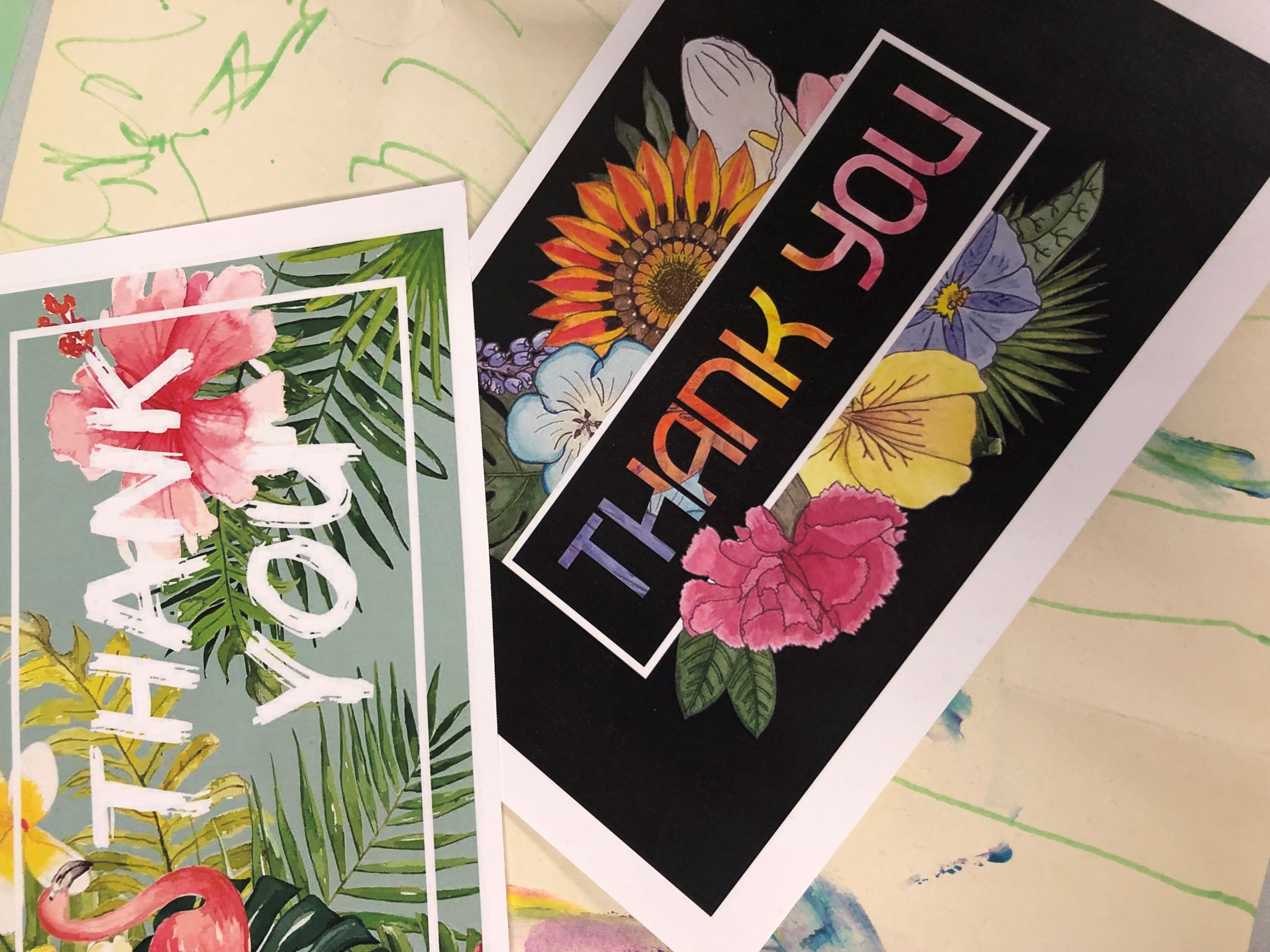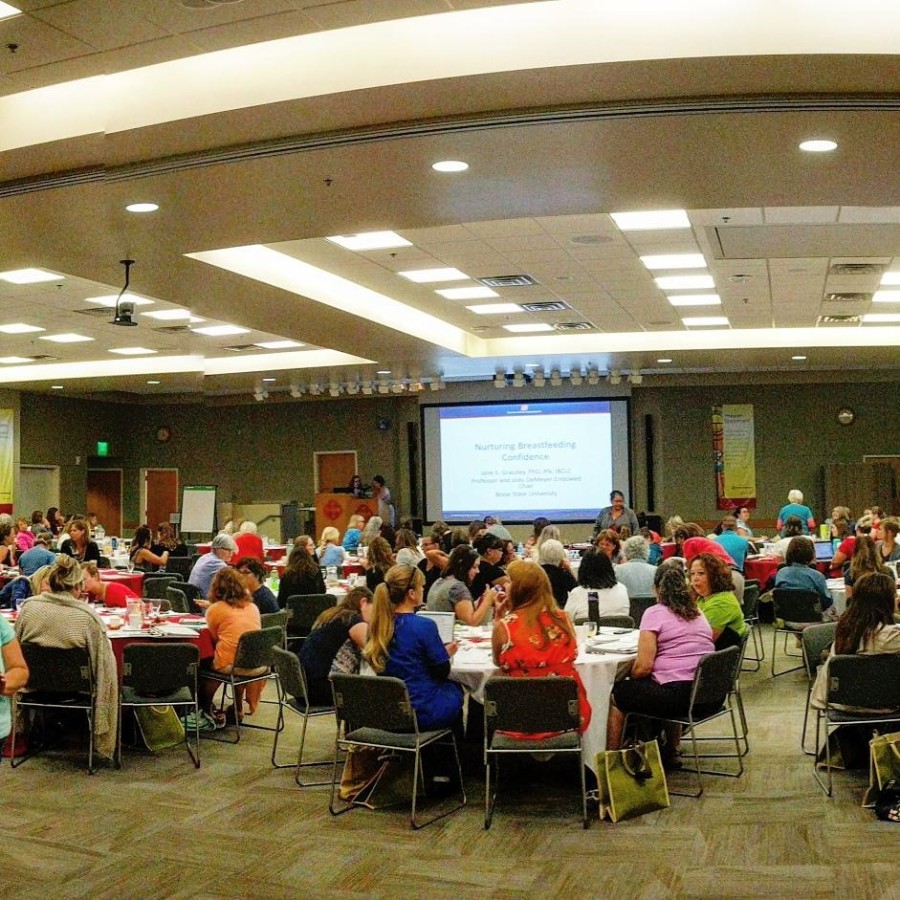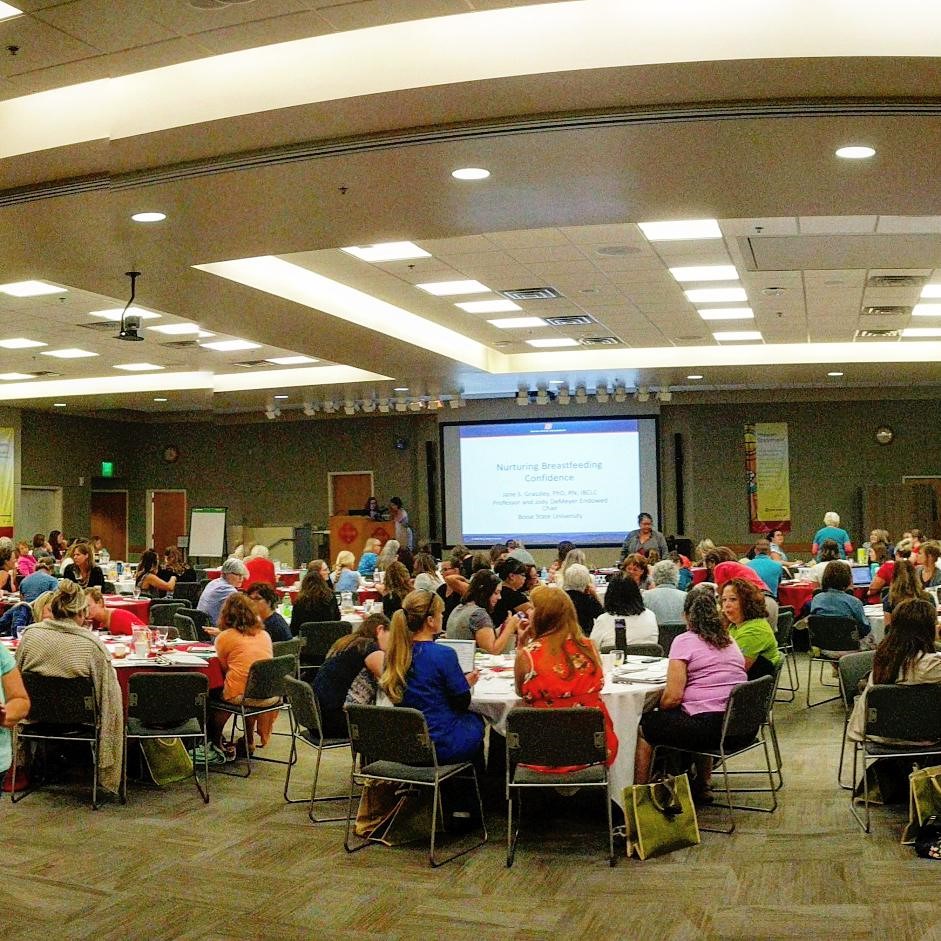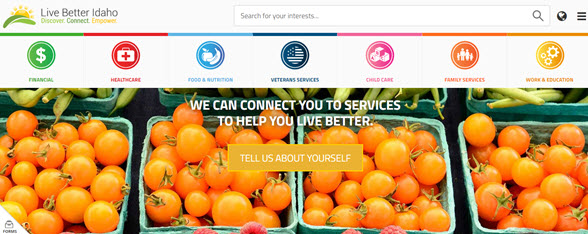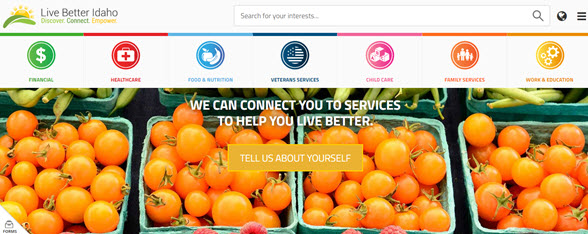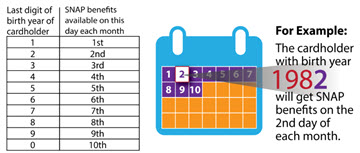Because of the federal government shutdown, the Department of Health and Welfare will be issuing February benefits for the Supplemental Nutrition Assistance Program (SNAP) on Sunday, Jan. 20.
All households approved and re-evaluated by Tuesday, Jan. 15, will receive their February food stamps on Jan. 20. Households that complete a re-evaluation and are approved after Jan. 15 for February will receive their benefits on their regular issuance date. The department is continuing to accept and process applications normally through January and February and doesn’t anticipate any delays in SNAP issuance.
Everyone who is eligible for SNAP benefits in February will receive their benefits. However, households that receive their February benefits in January will not receive an additional issuance in February. Recipients are encouraged to budget their food stamps to last until they receive their March benefits.
“This is a fluid time for federal government services,” said Julie Hammon, administrator of the Division of Welfare. “Until we know more, please consider a donation to your local food banks and pantries – February will be tough month for many because of the length of time between benefits.”
Letters to recipients were sent by first class mail on Wednesday, Jan. 16. Department staff also have been communicating with grocery stores and other community partners on the schedule change.
If recipients have questions about the early issuance or SNAP benefits in general, they can call the Idaho CareLine by dialing 2-1-1 in Idaho or the Self-Reliance call center at 1-877-456-1233.
The Supplemental Nutrition Assistance Program is administered in the Division of Welfare in the Idaho Department of Health and Welfare. Benefits are paid entirely with federal funds. Learn more about the program here.
Media Contact: Niki Forbing-Orr
Public Information Manager
(208) 334-0668 or Niki.Forbing-Orr@dhw.idaho.gov

